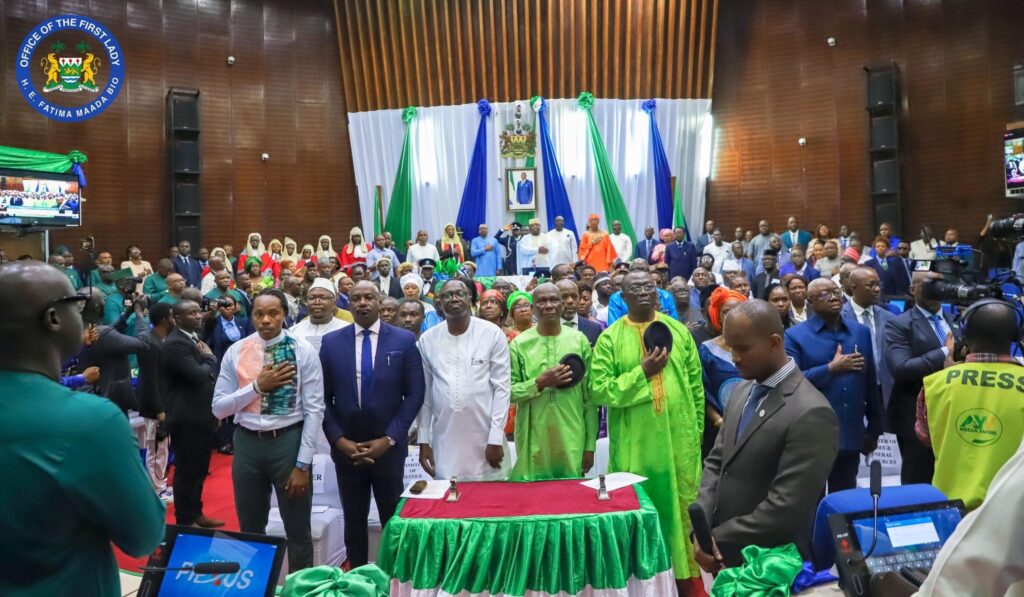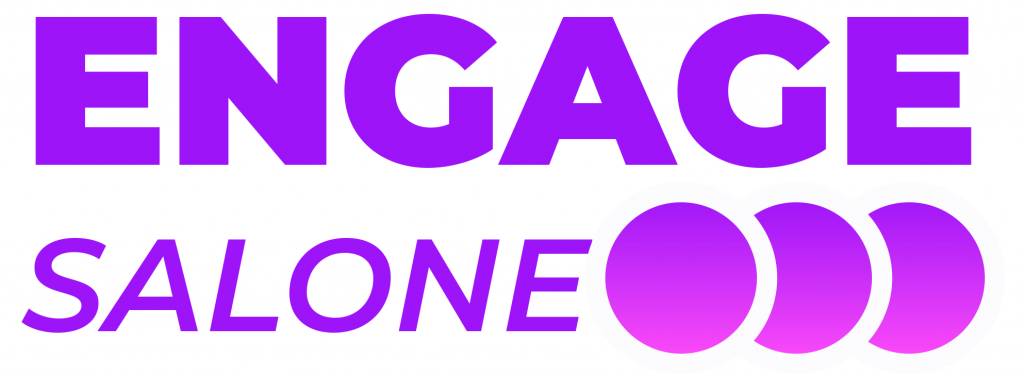On Thursday, the new Parliament of Sierra Leone was officially convened in what is known as a State Opening. This comes amidst the ongoing political stalemate and a boycott by the main opposition, the All People’s Congress (APC). At the State Opening, the President, Julius Maada Bio, announced that a committee would be set up to systematically review the country’s electoral machinery. That seems like a step towards addressing the outstanding and systemic issues, but it also raises many questions. We want to focus on that in this week’s editorial as we continue reflecting on the 2023 elections.
Before going into the National Electoral Systems Review Committee that the President announced in Parliament, let us remind ourselves of the appalling performance of the Electoral Commission of Sierra Leone (ECSL) in handling the entire process—from registration to voting day. The President referred to the shortcomings as “logistical limitations” that did not negatively affect the overall outcome. That is easy to understand and accept when you are the ‘winner.’ These issues can never be seen as insignificant for those deprived of voting because their names could not be found in the register. These issues cannot be seen as unimportant for those who gave up waiting for polling stations to open in the evening. For those who registered in Freetown and had their names in Kambia, it would be hard to see the issues as mere limitations. For those who were turned away from registration centres because the ECSL has a million rules guiding the same voter registration process, disenfranchisement is the only way they can interpret it. The ECSL’s chaotic show was an unnecessary embarrassment. As we’ve argued before, we are supposed to get better in every election we conduct. What was put up on June 24 2023, left so much to be desired, and one would wonder why heads have not rolled.
It sounds great that the President has considered a review. As we await clarity on the terms of reference, mandate and composition, it is important to lay out some potential issues and contradictions. With the risk of sounding like perpetual cynics, because we question everything, our misgivings here stem from the history and outcomes of state-led enquiries and review processes, and hopefully, these concerns are taken into consideration as the committee is constituted.
That this is led by the State is going to be a very foundational challenge. You have a situation where trust is lacking, and the opposition continues its boycott. The Vice President presiding over the review also casts its own shadow of doubt over the government’s sincerity. If we are not careful, we will end up with a situation that makes no difference from where we are right now: spend money to conduct a review and end up with findings and recommendations that we cannot use because only the government and party in power accept it. This is exactly why the face of the committee and the overall composition matters. When the President appointed a committee to investigate the protests that happened a year ago, many people had their doubts. As we are doing now, we stated why we were doubtful. The report of that committee left much to be desired as it sought only to point fingers through a very skewed lens. You do not want a repeat of that sham that no one is even talking about anymore.
Here is the most interesting bit in all of this. How far is the government prepared to go? In other words, to what extent will the review go in dealing with the systemic issues as highlighted by the President, as well as the most immediate and pressing problems causing the current political tension in the country? Will they address the bone of contention—a breakdown of the results as demanded by the aggrieved party and international observers? It is important because that is where the issue lies at the moment, and it should naturally be the starting point. One would imagine this to be a fairly straightforward process. If Mr. President considers it important to initiate a review, the same dose of goodwill can trigger a speedy resolution of the most contentious issues. Well, ideally, and that takes us to the next point.
Time will be critical in this as well. Such committees take forever to get started, and they usually work at a snail’s pace. Considering the issues at hand, wasting time is an unaffordable luxury. Given that this is a reality that cannot attend to the needs and nature of such a review, it makes sense that a parallel approach is used to address the political stalemate and the more pressing issues while the committee addresses issues at the systemic level.
The usefulness of the electoral review will depend on the factors discussed here, and one would hope that it turns out to be something other than a whitewash and an exercise in futility. Such reviews are expensive and should offer great value for time and money.
Whatever you are up to this weekend, let it be worth it!
About The Author
- Engage Salonehttps://www.engagesalone.org/author/eng21_admin/
- Engage Salonehttps://www.engagesalone.org/author/eng21_admin/
- Engage Salonehttps://www.engagesalone.org/author/eng21_admin/
- Engage Salonehttps://www.engagesalone.org/author/eng21_admin/


